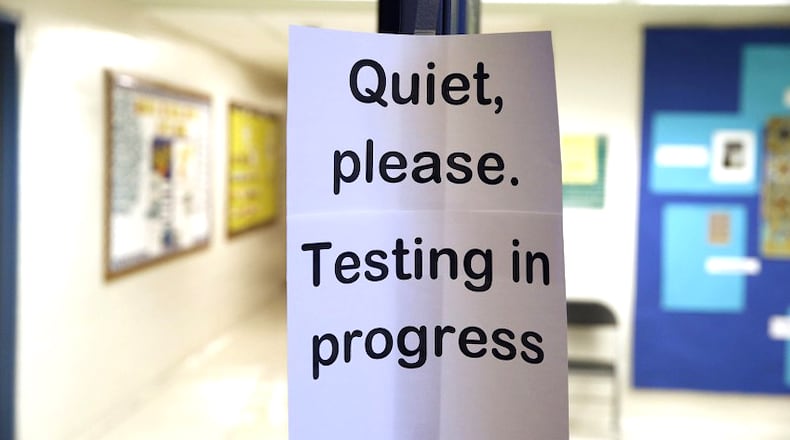Ishtiaque Fazlul is a clinical assistant professor of economics at the Education Economics Center in the Coles College of Business at Kennesaw State University.
Fazlul is a microeconomist. Among his research areas are determinants of Advanced Placement course and exam-taking behavior.
By Ishtiaque Fazlul
Inflation is taking a huge bite out of the family budget and potentially impacting plans for sending students to college. For years, Georgia families have been able to save on college costs using vehicles like HOPE and Zell Miller Scholarships, tax-free 529 plans, Pell Grants and Reach Scholarships. To help even more, Gov. Brian Kemp is looking to reduce fees that students and their families pay each semester.
But with the cost of food, housing and transportation skyrocketing, we need to look for even more ways to chop down college expenses for families and taxpayers. A new study published in the Economics of Education Review that I co-authored finds Georgia’s efforts to lower college costs and promote success could go even further if the state paid for more Advanced Placement exams for students.
Credit: Courtesy photo
Credit: Courtesy photo
When a student takes the AP exam and passes, they can receive college credit for it. Receiving college credit at high school through AP means that students can save money later by not retaking those courses in college. Students with enough credits earned in high school will also graduate from college in fewer years — and save themselves, their families, and taxpayers a whole lot of money.
Moreover, earning AP credit in high school is associated with better student outcomes, such as a higher probability of graduating from college in four years and getting more females to take upper-level STEM courses.
There are two steps to getting college credit through the AP program. Step One is taking the AP course. Step Two is receiving a high enough score on the AP exam to earn credit for college.
The new study examined students in four metro Atlanta school districts. (The study promised the districts anonymity.) It found that thousands of students who took AP courses and who were predicted to have high scores on their AP exams did not in fact take those AP exams. Students missed out on credits for up to 3,000 AP courses per year. Assuming these students would go to college and use the AP credits towards graduation, they missed out on earning 9,000 college credits while in high school — all because they did not take the AP exams at the end of the AP courses.
These 3,000 successful AP exams could have saved the students $2.2 million per year. This is roughly eight times the cost of these AP exams or $273,000 (each AP exam cost $91 during the study period), though it is a smaller multiple if unsuccessful exams are factored in. The savings would be even greater if applied across Georgia as the study only looked at four of 180 school districts.
One barrier for students is the AP exam fee, which costs $96. The state of Georgia generously subsidizes one AP exam for low-income students who are eligible for free and reduced-priced lunch and one STEM-focused AP exam for all non-free and reduced lunch students. Some Georgia school districts, such as Fulton and Clayton counties, make even more AP exams free for students.
The study finds that when districts cover AP exam fees, more students do take AP exams. If state taxpayers covered the AP exam cost of $96, then students who passed the exams and used those AP credits in college would save about eight times that amount in tuition and fees — and taxpayers would save on state appropriations to Georgia colleges and universities.
During the 2019-2020 academic year, the average tuition and fees faced by a four-year in-state Georgia public college student was $7,457. For students taking a full course load, 30 credits per year (10, three-credit courses), one three-credit college course costs $746. That is a $746 saving for the household for just one successful AP course.
A student who has five AP course credits can cut down their college program by a semester, with an average savings of $3,730. These savings would be even more at universities like the University of Georgia and Georgia Tech.
Getting students over the last hurdle to take AP exams by covering a minimal $96 test fee will cost taxpayers a little bit now, but will save students, families, and taxpayers many more times that amount later. It’s an investment worthy of consideration.
About the Author
The Latest
Featured




